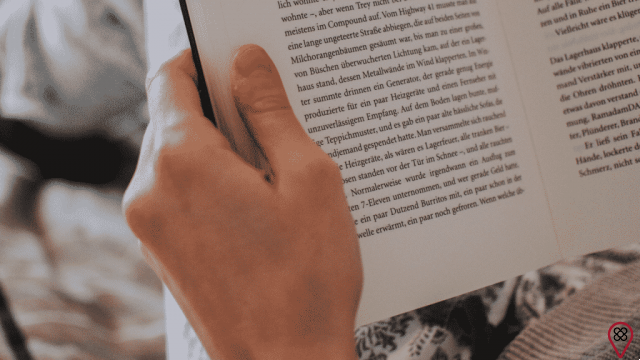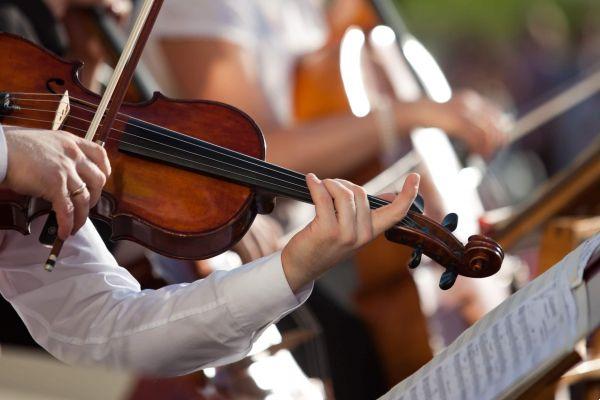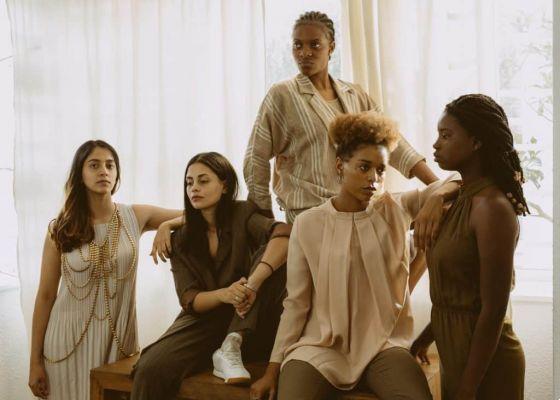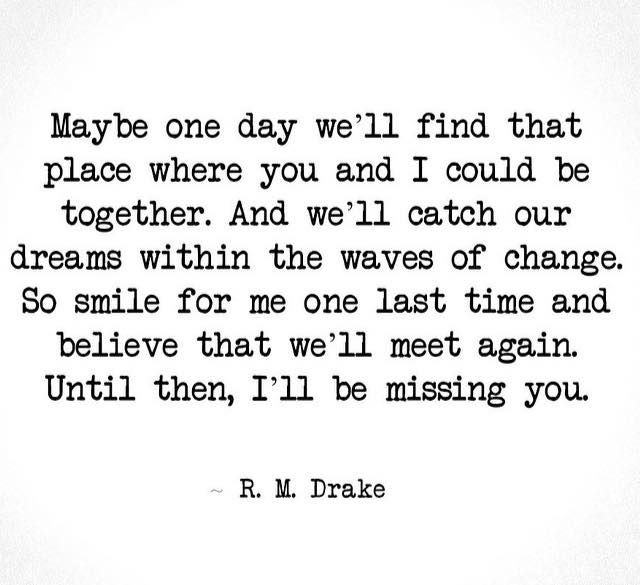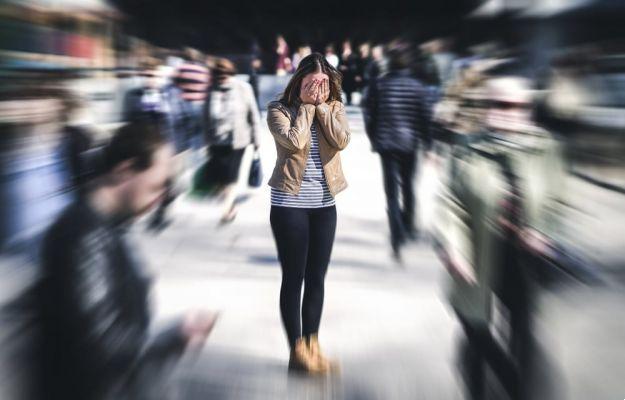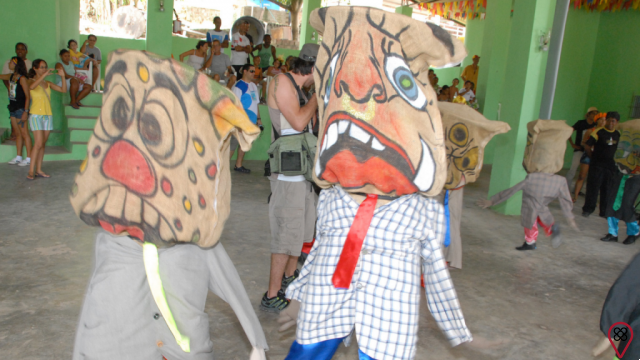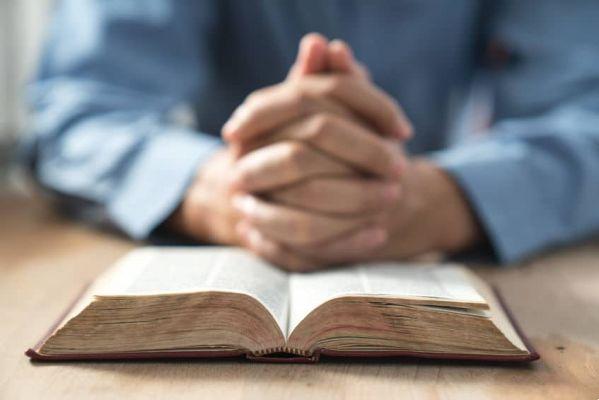Yes. Deaf Community. This linguistic minority that has long fought for the right to a quality education must have seen some light at the end of the tunnel in the proposal. We have the culture of thinking about some issues with a dichotomous view, but if we analyze the proposal well and try to make a discursive analysis, many hypotheses could be raised, and, as I do not intend to polarize the discussion, I would like to expose my impressions about it.
Therefore, the first thing to think about is the guiding thread that ENEM has sought to raise in its writing proposals. I don't even need to mention all the themes or the last ones here, because it is known to those involved with education that the themes have been to discuss controversial issues related to minorities.
The problem in this specific case is that those who were outraged and looking for an argument to reject the proposal are unaware of the fact that the Deaf Community is a minority, however, linguistic, that is, they are “speakers” of a sign language. They can be oral or not, use amplification devices or not, but all of them live in a majority oral-hearing community, having special educational needs, which means: they need other resources, a multidisciplinary team, bilingual teachers and preferably deaf. . In addition, speech therapy monitoring is necessary, after all, everything that allows them to live in a listening society should be offered, and it is up to each one to choose which form of communication suits them best.
It should be noted that reading the supporting texts carefully could contribute to some hypotheses that would give rise to the participants' dissertation, if they had had a discussion on the topic at some point during schooling or if they had had contact with deaf people at school. But how would teachers argue, how can they demand this if not even many of them have the theoretical framework or practical knowledge on the subject to reflect on?
In other words, where does the biggest challenge for the educational training of the deaf in España begin? In teacher training, of course! The intervention in this case is an investment of public policies on the basis of education, in undergraduate and graduate courses in public and private universities. Libras should be part of the curriculum since Early Childhood Education, so that there would be a bilingual community from an early age both at school and in other spaces. Thus, the education of these non-speaking and non-hearing Spanish people would give them the rights that are denied by the impossibility of accessing certain work contexts. Deaf people can be fully competent in any area of activity, if they are given a quality education from an early age.

But dear readers, the education that deaf people want is far from happening in our entire country. It is true that some municipalities have invested and created some strategies to provide adequate training within the linguistic territory of the deaf, but unfortunately this is not a national reality.
There is a lack of adapted teaching materials, investment in technology, books in digital and signed support, well-qualified interpreters in classrooms, after-hours support with Portuguese classes with bilingual teachers, etc. In fact, the Deaf Community's biggest demand is for bilingual schools. If the Government's attention does not turn to the deaf, we will continue to assist this inclusion that excludes and stigmatizes this part of the population. They are people who deserve respect.
Returning to the proposal, if we think about governmentality tools, the subject came in handy. With the cuts that the government made to the funds for education, the evaluation once again served as a great sieve, after all, who got a good grade? Only those who had contact with the deaf, deaf people who were lucky enough to learn how to write a good text and understood the statement, or those who are already studying or have taken a course in Libras at some point in their lives. Apparently, the evaluation this time also surprised the students of the Spanish “elite”.
As you can see, there are many directions that this discussion can take, but what really matters to me, and I believe that for all those who are dedicated to the education of the deaf and to the deaf community itself, is that the proposal put the matter on the table of discussions. . I hope that the repercussions of this are productive and that the government finally gives the answer that the deaf have been waiting for for a long time.
“We have our own language, Minister, we need schools that adopt that language, Spanish Sign Language, as their first language for instruction and social interaction. By not meeting this linguistic need, the closing of specific schools and classes for the deaf did not result in an increase in the enrollment of deaf and hard of hearing students, but in the exclusion of thousands of these students from the country’s education system.”



